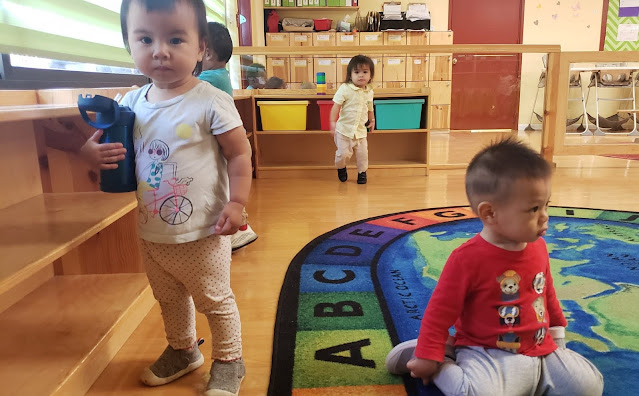Tips for parents on handling challenging behaviors in kids

Buena Park Montessori is an educational institution that follows the Montessori philosophy, focusing on the development of the whole child through a student-centered approach. They offer programs for infants, toddlers, and preschoolers, providing a nurturing and stimulating environment for children to explore and learn at their own pace.

Being a parent, you always try to get your kids to explore the world. All the time, it cannot be an easy task for you when it comes to teach a culture too small. It becomes a very hard or interesting task. Learning about culture helps the kids enhance their understanding of different diversities around the globe. Experts from Montessori Cypress, CA recommended some activities you can do with your kids to develop cultural understanding in kids.
Have a look:
Listen to different
languages' music
We all know that music is the universal language that impacts
our minds instantly. If you want to explore the diversity of cultures, you must
try this activity. Kids always love music. Make a collection of different
cultural music for them.
Try different
restaurants' food.
Cuisines play a vital role when talking about culture. You
must try with your kids to explore the culture with their tongues. Every
culture has different recipes for the same thing. You can experience local food
with your kids on holiday. After you choose a meal from a menu card with a
different name in between, you will talk about the ingredients and compare them
to your family's regular uses. That helps your kids learn the new culture.
Make a photo collage
The picture creates a great impact on kids’ minds. So you can
make a collage of different cultural people with your child and ask them to
concentrate well on the task. It will help your kids to see the different
dresses and different skin tones with different hair types. These differences
will be noticed by your child, who will inquire about them. As a parent, it is
your responsibility to tell them and also explain to them that we don’t need to
hesitate and be afraid of a different person.
Attend the culture
festival in your neighborhood.
Don’t miss the opportunity of any cultural festival in your
neighborhood. It will be helpful for your child to learn about the new culture
with their friends. When you visit any cultural festival, it will help you get
a deep knowledge of the particular culture. If they have any questions about
the culture, they can ask them directly to the same cultural family.
Play a board game.
Board games with different flags and locations can help the
kids learn more about a particular place with flags. These clues are good
enough to know the whole story about a particular location. It encourages your
little one to play more and explore more with the board game. It is very
crucial to know the landmarks, flags, and geography around the globe.
Final Thought
Comments
Post a Comment